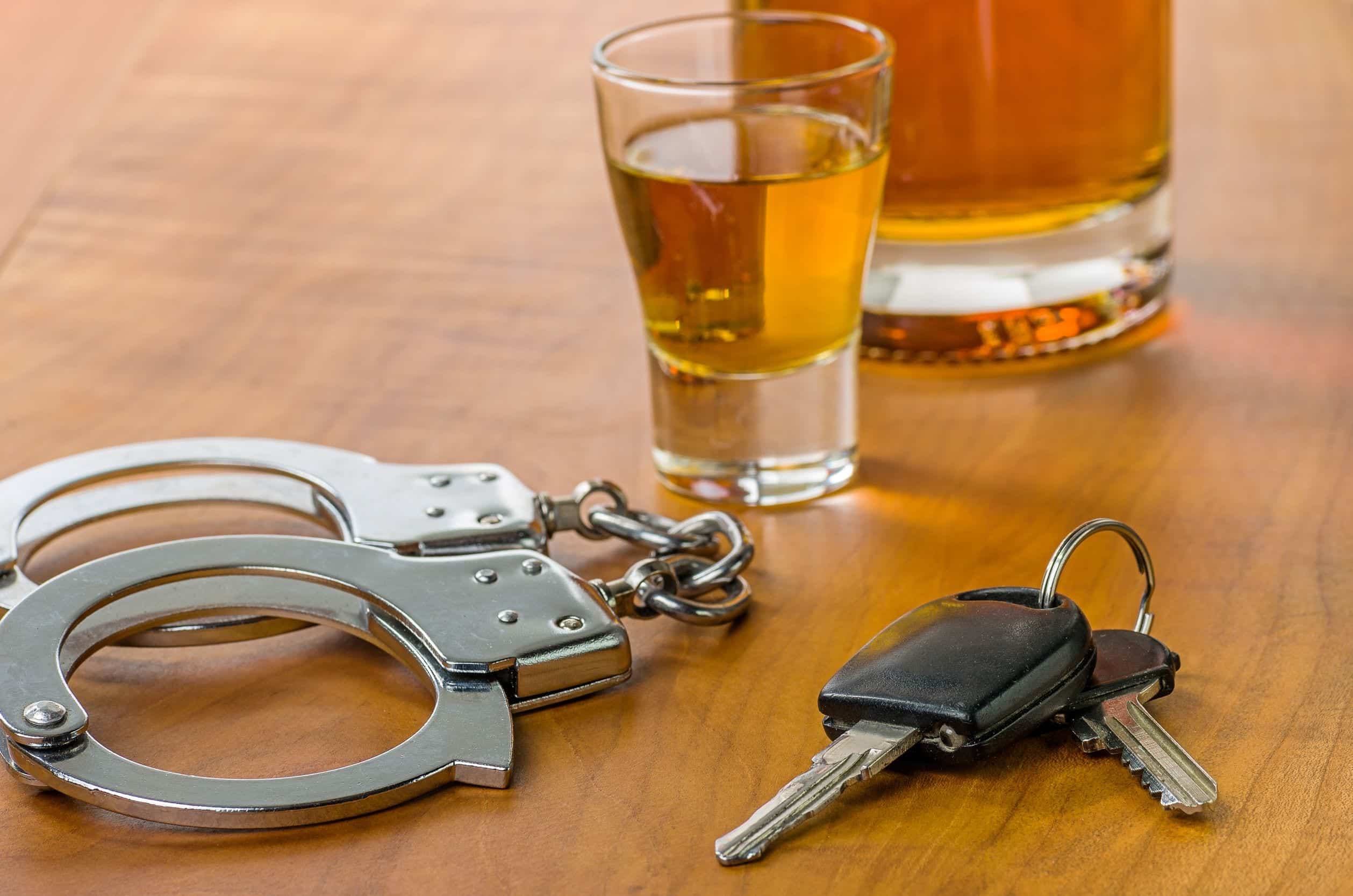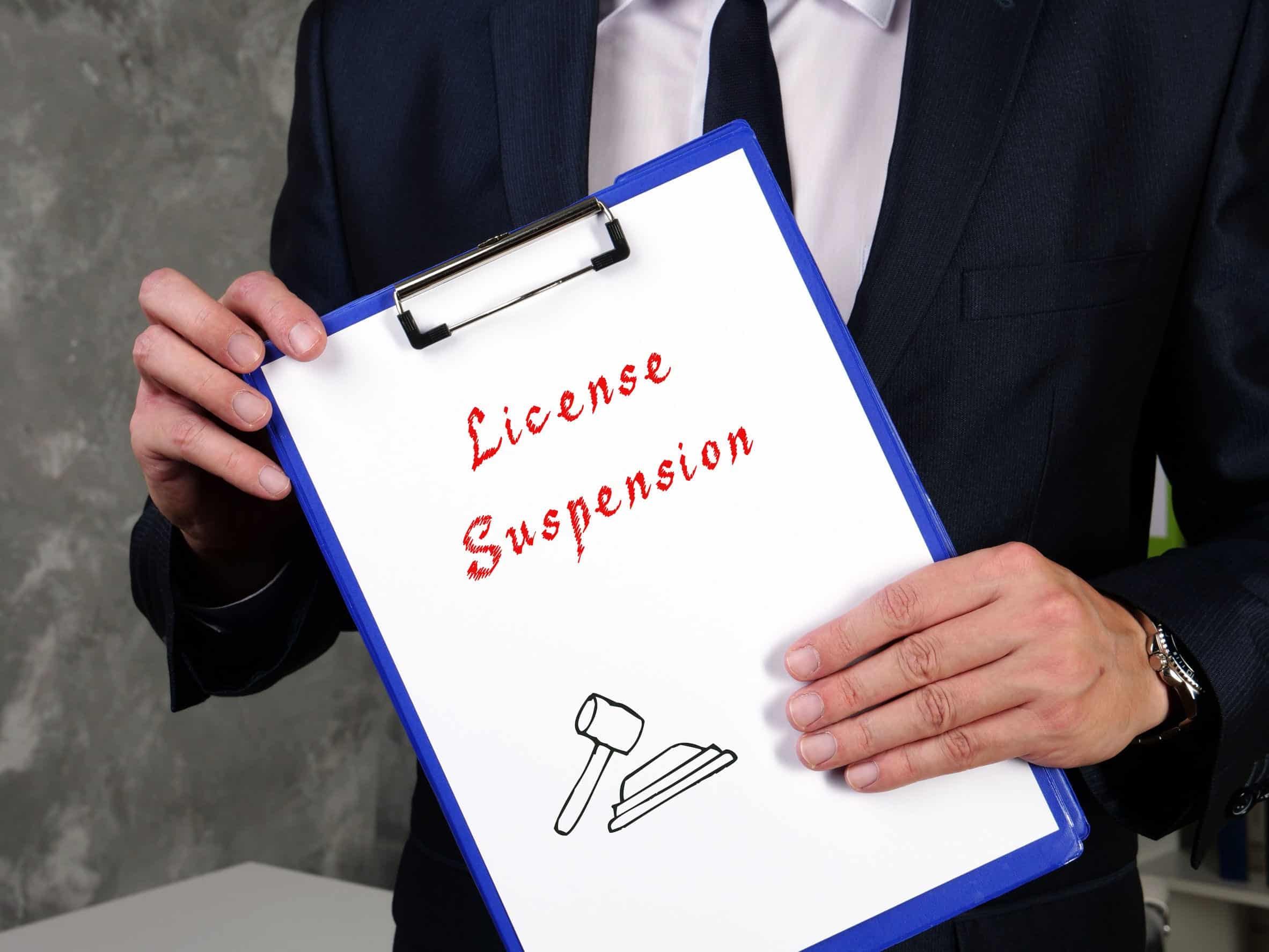- Home
- THE FIRM+
- Criminal Defense+
- CASE RESULTS
- AREAS WE SERVE+
- FAQ’s
- Blog
- Contact
AZHARI LLC BLOG

Posted By: Sami Azhari
Category:
If you’ve ever landed yourself a DUI in Illinois, then you know law enforcement in this state doesn’t take drunk driving (or driving high) lightly.
If you haven’t, or if you have recently been charged for the first time, you may not know that if you’re found guilty of driving under the influence on an Illinois road, a Notice of Statutory Summary Suspension or Revocation will follow right behind.
Learn more about this kind of suspension or revocation of your driver’s license and what you can do to regain your driving privileges after a DUI conviction.
Statutory Summary Suspension: What Is It?
A statutory summary suspension is an order that automatically suspends your ability to legally drive in Illinois. It is not a replacement for the other criminal penalties that you may be subjected to for driving under the influence.
Rather, it is an additional penalty that occurs when someone is arrested for a DUI and refuses to submit, fails to complete, or simply fails chemical testing. Here’s how testing works:
- To fail a chemical test means that breath or blood alcohol level may be measured.
- If you test above the legal limit of 0.08 percent, then you fail.
- You may also have your blood or urine tested for drugs.
If you fail one of these tests or if you refuse to submit to one when an officer has reason to suspect you are under the influence, then you can be charged with a DUI.
What are Statutory Summary Revocations?
The law in Illinois requires that Statutory Summary Revocations, not suspensions, be done in cases where drivers not only fail or refuse chemical testing but also cause the injury or death of another person while committing the DUI offense.
Another provision of the law offenders who have previous convictions should be aware of is that if you have several DUIs on your record, then your license may be permanently revoked.
In either case, you have the right to challenge both a Statutory Summary Suspension and a Revocation in the same court where you were convicted.
Challenging a Suspension or Revocation
The same court that hears your DUI case has authority over challenges, too. However, the proceedings are separate. Anyone with a DUI on their criminal record can begin the challenge process by filing what is called a Petition to Rescind.
If you have the idea to challenge prior to beginning a suspension or revocation, think again. This filing in no way will delay the start date of your suspension or revocation.
It’s also all or nothing — so you’ll either win and have the suspension or revocation rescinded or you won’t. There is no option to reduce the amount of time the suspension or revocation lasts.
How Long Does Suspension Last?
How long your license suspension lasts depends on a number of different factors. If you agreed to take a test, for instance, but failed or when you are a first time offender, your suspension may not last as long as in other scenarios.
If You Fail a Chemical Test
For a first offense, you will see your license suspended for six months but you may be eligible for a Monitoring Device Driving Permit. For second offenses and any after within a five-year period, you can lose your license for up to one year and not be eligible for a permit.
Refusal of Chemical Testing
If you fail chemical testing because you refused to take it, then you can lose your license for longer. For a first offense, you can lose your license for up to one year but can get a permit. For second offenses or any after the first that happen within five years, you can lose your license for up to three years and not be eligible for a permit.
Take Control of Your Driving Privileges After a DUI Charge in Illinois
Discover what happens next after a DUI arrest in Illinois and how you can regain your driving privileges. Don’t let a Statutory Summary Suspension or Revocation hold you back. Contact our defense lawyer today to learn more.
About the Author
Sami Azhari has been working as a lawyer since 2007, after receiving his Juris Doctor from the Michigan State University College of Law. He has handled numerous state and federal cases and is known throughout the Chicago and Rolling Meadows area for providing his clients with high-quality, skilled representation. He has been recognized by Avvo (2013 and 2018), SuperLawyers (2015-2020), The National Trial Lawyers, and other notable organizations, and has spoken at a number of legal conferences.


























































